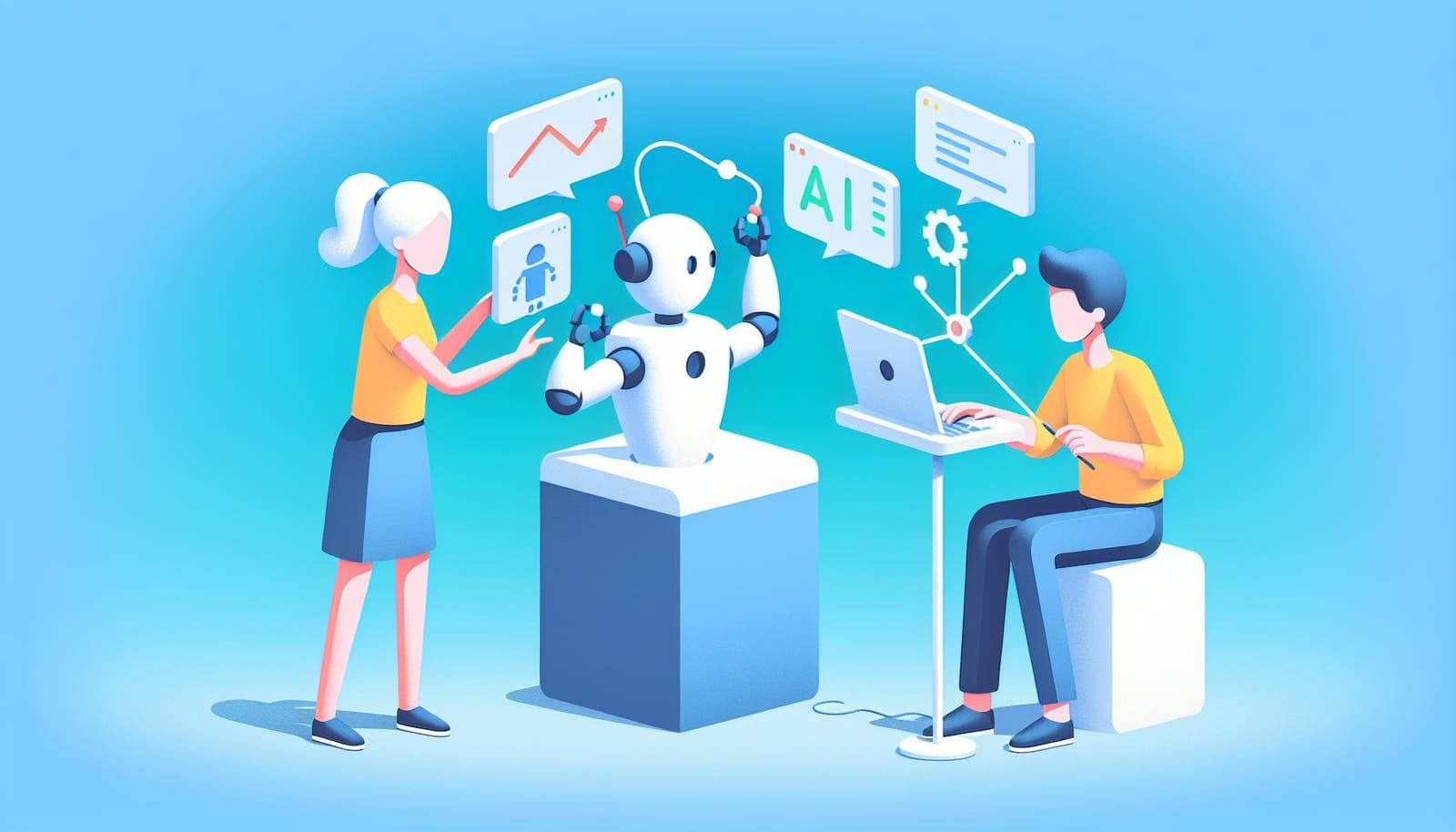When you hear the phrase “AI can write like Shakespeare,” it can be both exciting and puzzling. After all, who wouldn’t want to see a machine create poetry or stories that rival the genius of one of history's greatest playwrights? But before you picture a robot in a ruffled collar scribbling away, let’s dive deeper into what AI can really do and what it means to write like Shakespeare.
What Is AI, Anyway?
Artificial Intelligence, or AI for short, refers to computer systems designed to perform tasks that normally require human intelligence. This can include anything from recognizing speech and translating languages to playing chess and generating text. When we say AI can write, we mean it can produce text based on patterns and data it has learned from existing writing.
For example, if you feed an AI lots of Shakespeare's works, it can analyze those texts and create new phrases that mimic his style. But does that mean it truly understands Shakespeare? Not quite. AI doesn’t have feelings, emotions, or consciousness. It simply identifies patterns and generates text based on those patterns.
The Mechanics Behind AI Writing
At the heart of AI writing is a process called machine learning. Think of machine learning as teaching a child to recognize animals by showing them lots of pictures. The more examples you show, the better they get at identifying different animals. Similarly, AI is trained on vast amounts of text data. It learns the structure of language, grammar, and even stylistic nuances.
When an AI model, like GPT-3, creates text, it uses something called "predictive text." This means it predicts what word or phrase should come next based on the input it receives. For example, if you begin a sentence with “To be or not to be,” the AI has learned from Shakespeare's works that this is a famous line and can generate text that follows in a similar vein.
Can AI Truly Mimic Shakespeare?
While AI can create text that sounds somewhat like Shakespeare, the key issue is the depth of understanding. Shakespeare wrote from his experiences, emotions, and the world around him. He infused his works with meaning, beauty, and a unique human perspective that an AI simply cannot replicate.
For instance, if you ask an AI to write a sonnet, it might produce something that follows the traditional 14-line structure with a rhyme scheme. However, it may lack the soul and passion found in Shakespeare's writing. The AI knows how to mimic the form, but it doesn't know the feelings behind the words.
The Limits of AI Writing
So what does this mean for writers and readers? The fact that AI can generate text doesn’t mean it can replace human creativity. Many writers use AI as a tool to assist them, generating ideas or overcoming writer's block. But the heart of storytelling—the emotions, the unique voice, and the deep understanding of human experiences—remains a human trait.
Consider this: when you read a story or a poem, you connect with it on an emotional level. You might laugh, cry, or feel inspired. AI can generate words that sound nice together, but it can't feel those emotions or understand context in the way humans do.
The Future of AI and Creativity
As we move forward, the collaboration between humans and AI will likely grow. Writers can use AI to enhance their creativity, brainstorm ideas, or even generate drafts that they can then refine and personalize. Think of AI as a helpful assistant rather than a replacement.
For instance, you might use an AI tool to create various endings for your story, and then choose the one that resonates with you the most. This way, the writer retains control over the creative process while benefiting from AI's speed and efficiency.
What Can We Learn from AI?
The conversation about AI’s ability to write raises important questions about creativity, authorship, and the very nature of writing. It encourages us to think critically about what makes literature meaningful. What is it that resonates with you as a reader? Is it the words themselves, or the emotions they evoke?
In a world increasingly influenced by technology, embracing AI in writing can lead to new forms of expression. We might find ourselves exploring new genres, blending traditional storytelling with AI-generated content. The future of writing could be a collaboration where human creativity meets machine efficiency.
Final Thoughts
So, next time you hear someone say, “AI can write like Shakespeare,” remember that while it can mimic the style and structure, it cannot replicate the human experience that lies at the heart of great writing. AI can be a powerful tool—one that can help inspire, assist, and augment creativity. But the magic of storytelling will always remain a uniquely human endeavor.
As we continue to explore the potential of AI, let's celebrate the creativity that defines us as humans, and embrace the possibilities that new technologies bring. After all, the best stories are those that come from the heart, not just the algorithms.


